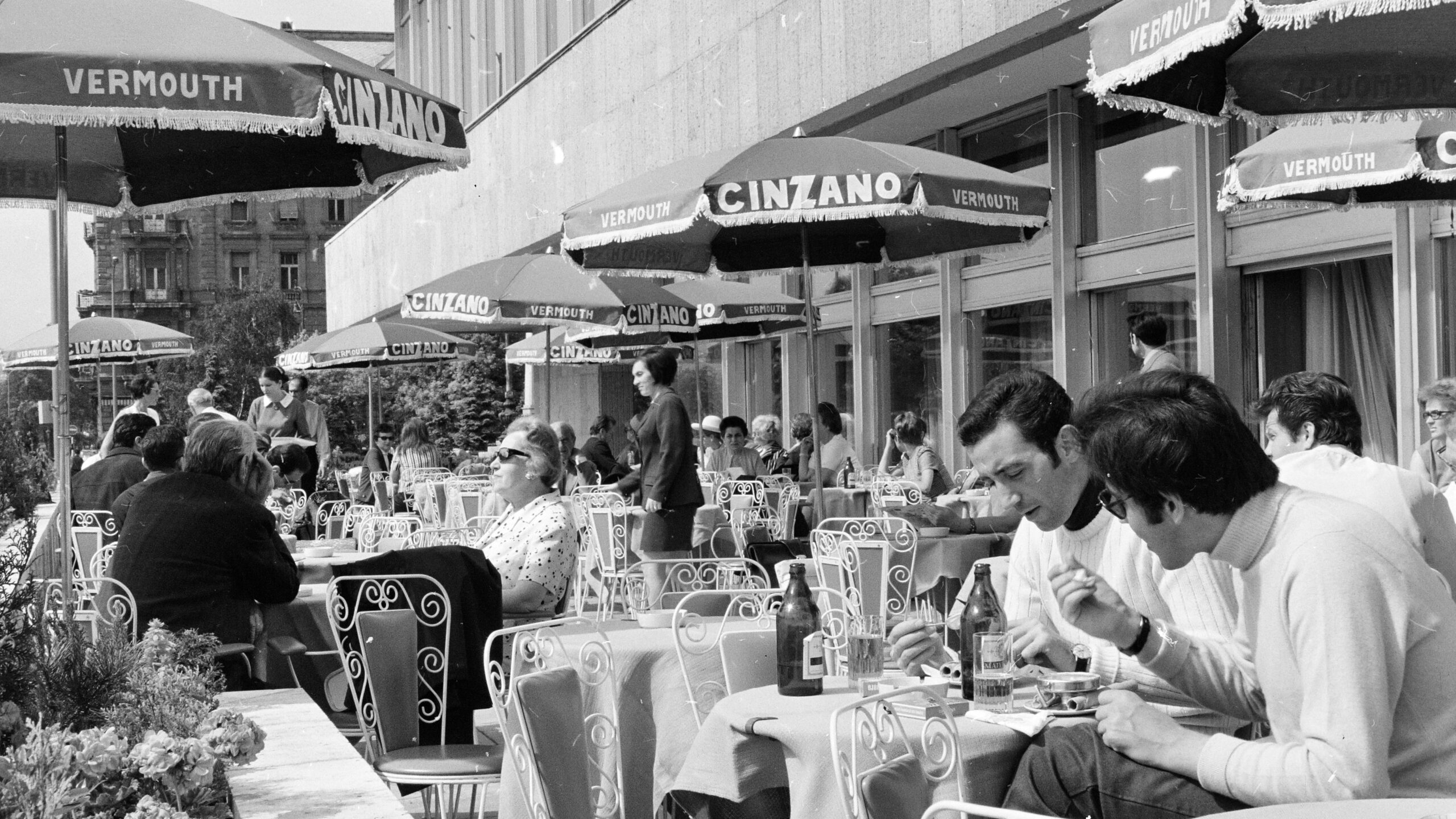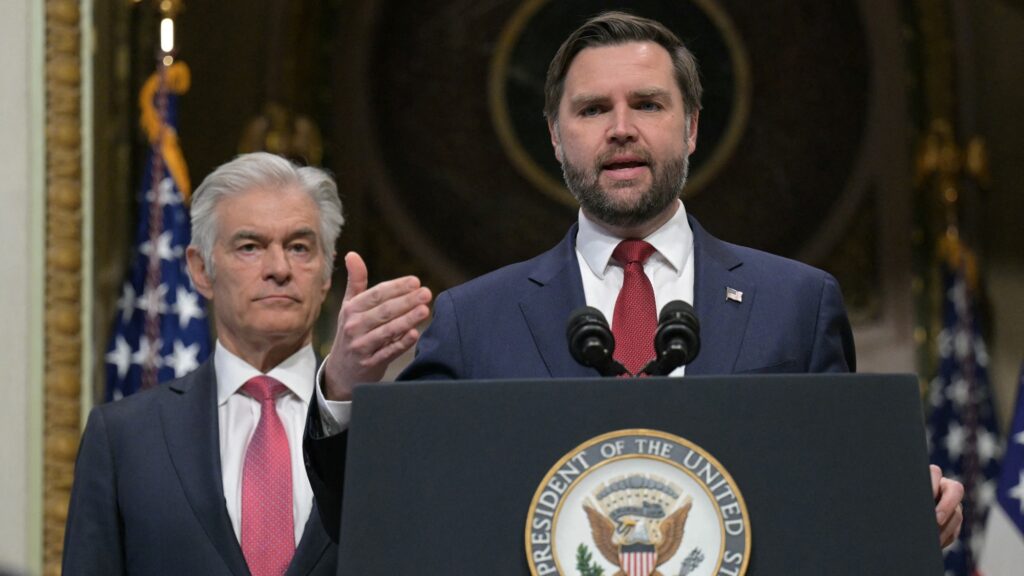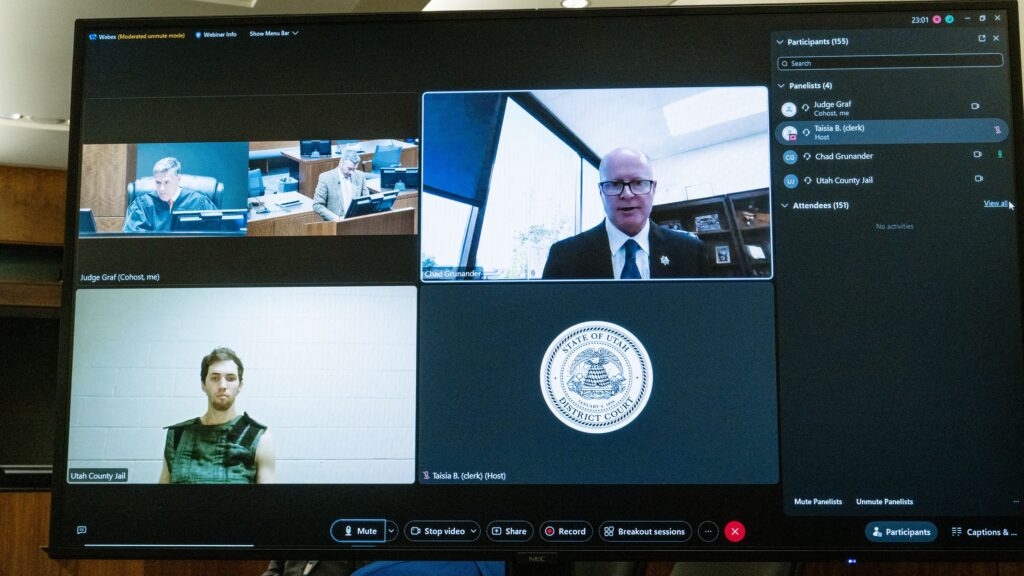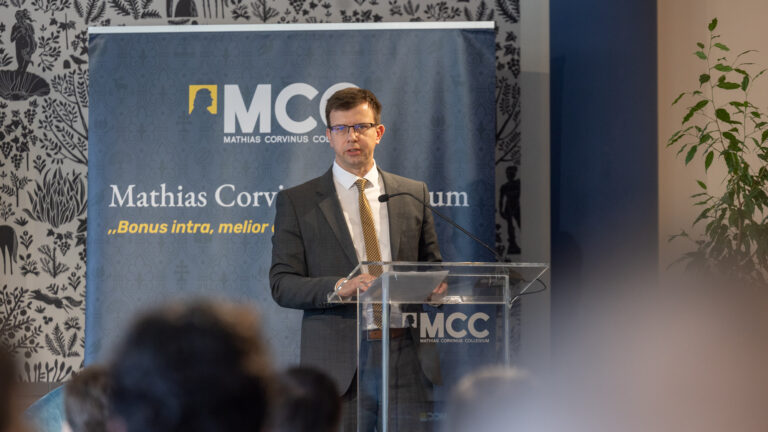Before 1989, Budapest, a relatively open and well-off metropolis of the Soviet Empire, was a den of foreign terrorist fighters.
Palestinian and Latin American guerrillas were welcomed and hosted for training and healthcare. Among them, a young and dashing Venezuelan arrived in the summer of 1979.
He was Ilyich Rámirez Sánchez, better known as Carlos the Jackal.
The South American was a typical ‘global’ terrorist at a time when terrorists were still mostly secular. He came from an orthodox Communist family, as did many of his companions, and found the radical movements of the late 1960s amusing. Compared to many in his generation, however, he was the serious type, having by 1979 built a reputation for international infamy both inside and outside terrorist organizations—even being booted from some Palestinian cell networks for insubordination.
This dismissal proved fortunate, likely saving Carlos’ life after the organization’s hijacking of Air France Flight 319 in the summer of 1976 resulted in the deaths of every terrorist involved, at the hands of Israeli commandos in their Ugandan hideout.
This narrow escape did not quash Carlos’ ambitions. By the time the terrorist landed in Budapest, he was still on the hunt for adventure and fame. His companions, a posse of upper-middle-class West Germans who sought the destruction of capitalism as they knew it, were just as keen.
‘Why was Hungary so eager to house living and walking security threats?’
But why was Hungary so eager to house living and walking security threats? The answer: to please Moscow.
While Hungary was just one of six Eastern European vassal republics, it was one of the most loyal followers of Moscow. The Romanians, while even stricter Communists than the Soviets themselves, had their side deals and their dubious loyalty to the Warsaw Pact. These side deals often meant trouble: in 1978, the Bulgarians handed over a couple of Red Army Faction people without a blink of an eye, most likely for some kind of financial foreign policy favour. Even amongst ideological allies, such administrators of Red Terror could not relax.
Carlos was no exception to this. The guerrilla had already been captured in the non-aligned Communist state of Yugoslavia, and was not keen to go the way of the Germans on their botched Bulgarian vacation.
In other places, the going was not so dangerous, but neither so colourful. In Poland, the Solidarity union was already striking in 1979. East Germany and Czechoslovakia were stable and loyal to Moscow, and Carlos indeed frequented them. But, in the end, he was captivated by Budapest—he said he felt the safest in the Hungarian capital. Safe and comfortable, most likely.
Hungary, by the early 1970s, invested heavily in attracting Western tourists to the Hungarian capital. These were the years when the Hotel Intercontinental was built, among others. There were many hard-currency bars that Carlos liked as well, and he also loved his mansion on Rose Hill, rented with the money extracted from Middle Eastern secret services and from kidnappings.
Keeping him there, among the houses of high-level party officials and diplomats, was a major concession from the Hungarians, which they offered not only to Moscow, but also to their Middle Eastern allies, Syria, Iraq and Yemen.
That is not to say the terrorist did not keep himself busy.
Carlos and the Germans carried out so-called ‘proxy attacks’ on Western targets on behalf of the Syrian and Romanian governments—as well as acts of vengeance against France after Carlos’ comrade and lover, Magdalena Kopp, was captured.
‘Keeping him there…was a major concession from the Hungarians, which they offered not only to Moscow, but also to their Middle Eastern allies’
Housing Carlos and his friends in Hungary was risky for the Soviets. The Americans pressured Hungary from time to time on the issue of Carlos, with their petitioning on the topic reaching fever-pitch by 1985.
By that time, Hungary was settling into an advancing integration with the West, entering the IMF among other institutions. The Americans used the tactic of first applying overall pressure by capturing alleged Hungarian spies in America and limiting the movement of Hungarian diplomats stationed in the United States. Then, in June 1985, they went all in and demanded the removal of Carlos and his group from Hungarian soil.
The Americans played things smart, emphasizing that they specifically wanted just the terrorists, and not all of the armed groups hosted by Hungary.
The campaign worked, with both Budapest and Moscow deciding that they do not need terrorists as pawns anymore. They expelled Carlos and closed the issue 40 years ago, on 15 September 1985. The only people who noticed the change on the surface at all (except the Hungarian interior surveillance observing Carlos dutifully) were the KGB officers stationed in Budapest.
Carlos the Jackal was housed by the Hungarians as a Socialist internationalist duty, and was allowed by the Soviets to be in the Bloc as a sign of their carelessness about the world. In the end, he was discarded, when push came to shove, and he was among the first people to exit Hungary in the prelude of the grand democratic transition, when the whole global network of our homeland was rearranged.
Related articles:







